Partners
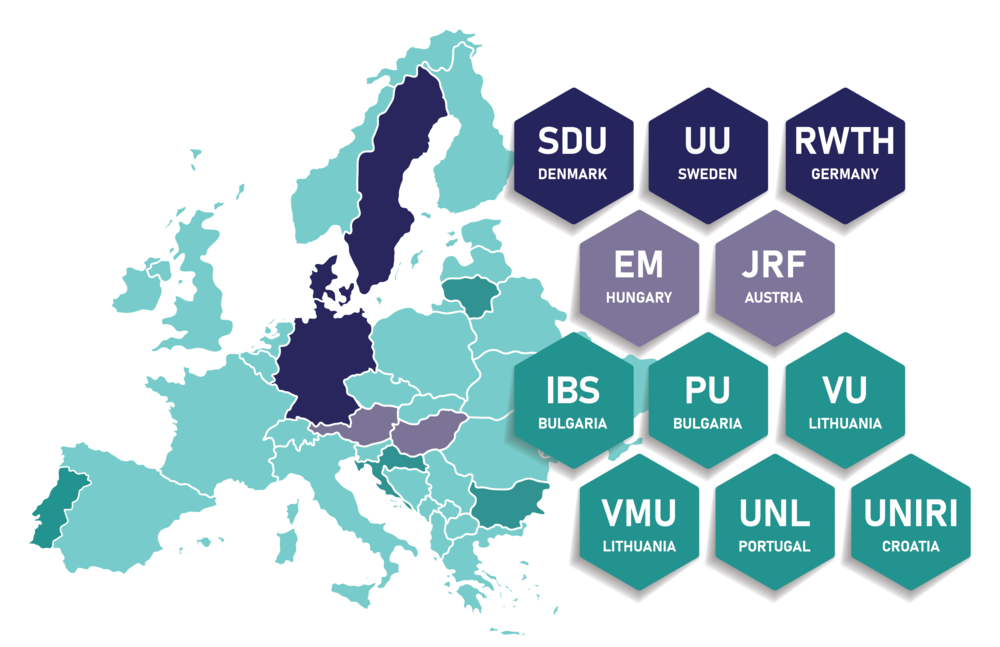


SDU was established in 1966. The Municipality of Odense is its domicile and legal venue. SDU is a comprehensive university with both research and teaching at all levels. It has five campuses and is the first Danish university with decentralised campus structure. FESTA was the first systematic initiative at SDU to address gender at a structural level. FESTA has served as a catalyst at the Faculty of Science and SDU in general for actions, resulting in several initiatives, policies and actions implemented in parallel with FESTA. At the Faculty of Science, a number of policies have been implemented, includingA policy for equal opportunities, covering an annual status and action plan of the gender balance at all academic career levels and management; changes in recruitment practices, which within two years of full implementation have seen a marked increase in the ratio of women being hired for an academic position; Gender-sensitive career counselling and supervision of junior researchers. GET-SDU was established as part of SDU’s wider strategic GE focus in August 2017as a direct result of FESTA and is the first of its magnitude and priority in Denmark.
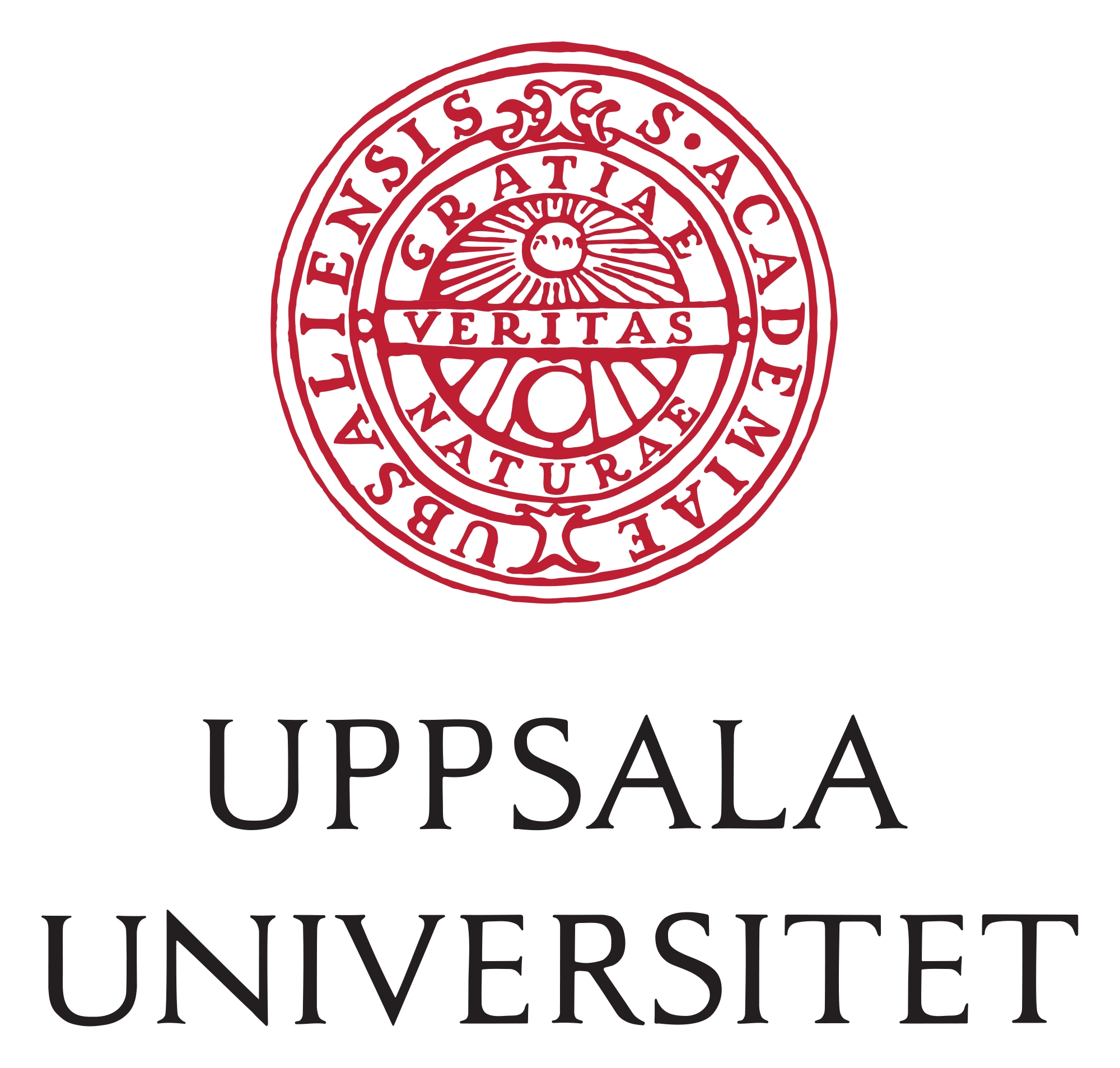
Uppsala University is Sweden’s first University, founded in 1477. It is ranked as one of the 100 best universities in the world in the three largest international rankings. UU covers three disciplinary domains: 1. Humanities and Social Sciences, 2. Medicine and Pharmacy, and Science and Technology, and consists of nine Faculties, with 41.740 students, including Theology, Law, Arts, Languages, Social Sciences, Educational Sciences, Medicine, Pharmacy, and Science and Technology. UU is in the full implementation stage concerning development of gender equality plans. The Equal Opportunities Programme provides guidelines and structure for UU’s systematic equal opportunities work. It is based on Uppsala University: mission and core values. The University-wide action plan for the systematic equal opportunities work is based, in turn, on the Equal Opportunities Programme, and contains the active measures that must be systematically implemented to achieve the University’s goals for equal opportunities work.
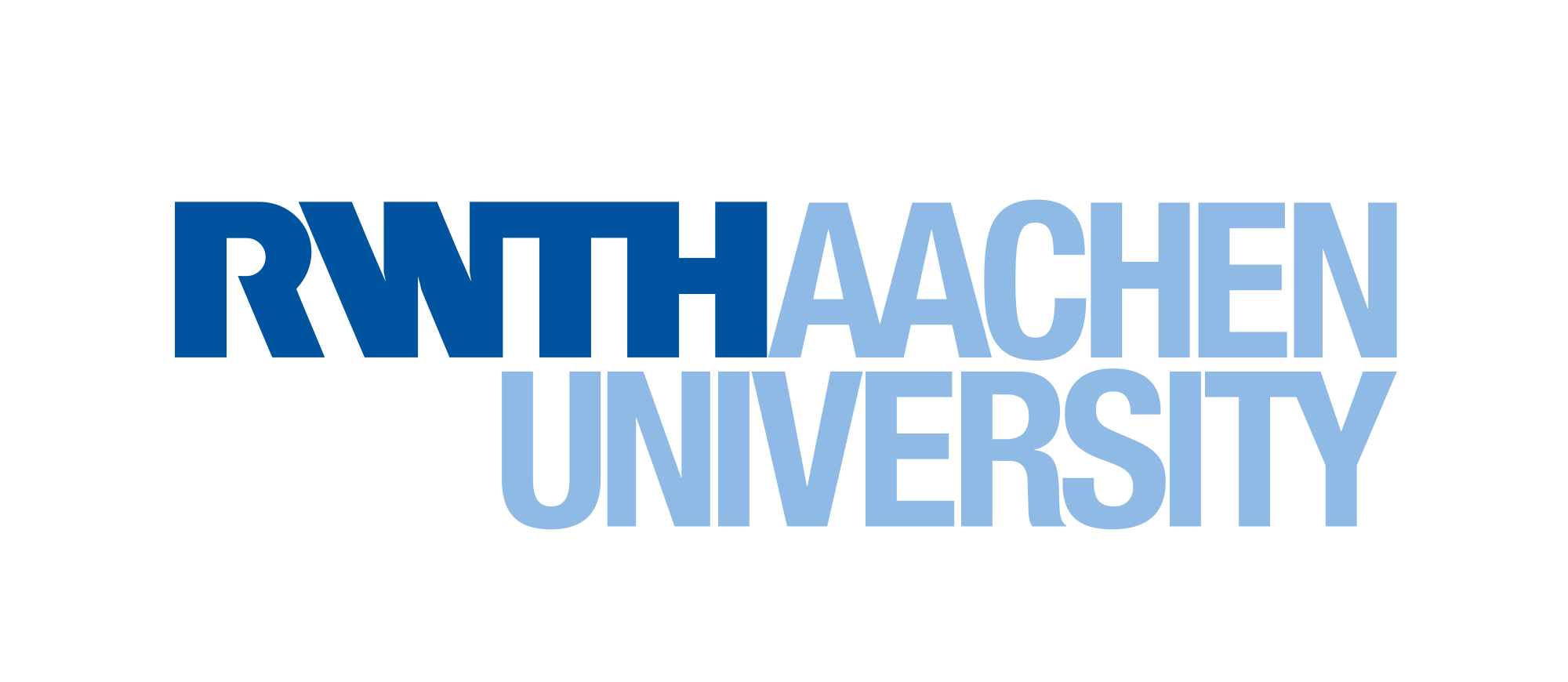
With its 260 institutes and nine Faculties, including Mathematics, Computer Science and Natural Sciences, Architecture, Civil Engineering, Mechanical Engineering, Geo-resources and Material Engineering, Technical Engineering and Information Technology, Arts and Humanities, Business and Economics, and Medicine, RWTH is among the leading technical universities in Germany and Europe. 45.377 students in 157 courses of study are registered for the winter semester of 2017/18. In 2017, RWTH released its Action Plan “Equal Opportunities at RWTH Aachen University” for the period of 2017 to 2022. Initiated by the Rector’s Office Staff Unit: Integration Team – Human Resources, Gender and Diversity Management (IGaD) and the Equal Opportunities Office, this new equal opportunity concept has the aim of making equal opportunities work at RWTH more sustainable and effective within the framework of an overall strategy.

Europa Media Non-profit Ltd. is an independent, non-profit SME active in European Union affairs, in particular in EU research and innovation policies, programmes and projects. Established in 2003 in Hungary, EM has been working to effectively gather and spread dispersed and complex information on EU policies, funding opportunities and programmes in a streamlined and simplified manner to potential stakeholders in Europe and worldwide. With this mission, we have developed, launched and publicised a variety of information sources and tools including web-based platforms, online and offline publications and organised local and international events. EM maintains a strong online visibility actively using its online channels to promote EU policies and funding opportunities. EM is active in online media, both in terms of the company’s external communications, and in terms of communication campaigns launched for its projects. EM exploits all technological possibilities offered by social media for events planning, ad campaigns, relationship building and more; has built strong connections with online media outlets, matches creativity and the latest online trends to raise awareness and disseminate project results (e.g. through live streaming via Ustream, using Eventbrite for events planning, using Storify etc.). Moreover, EM leads dissemination and communication activities as well as web development activities (including platform development, webinars, e-learning, promotional videos, podcasts) for a number of projects.
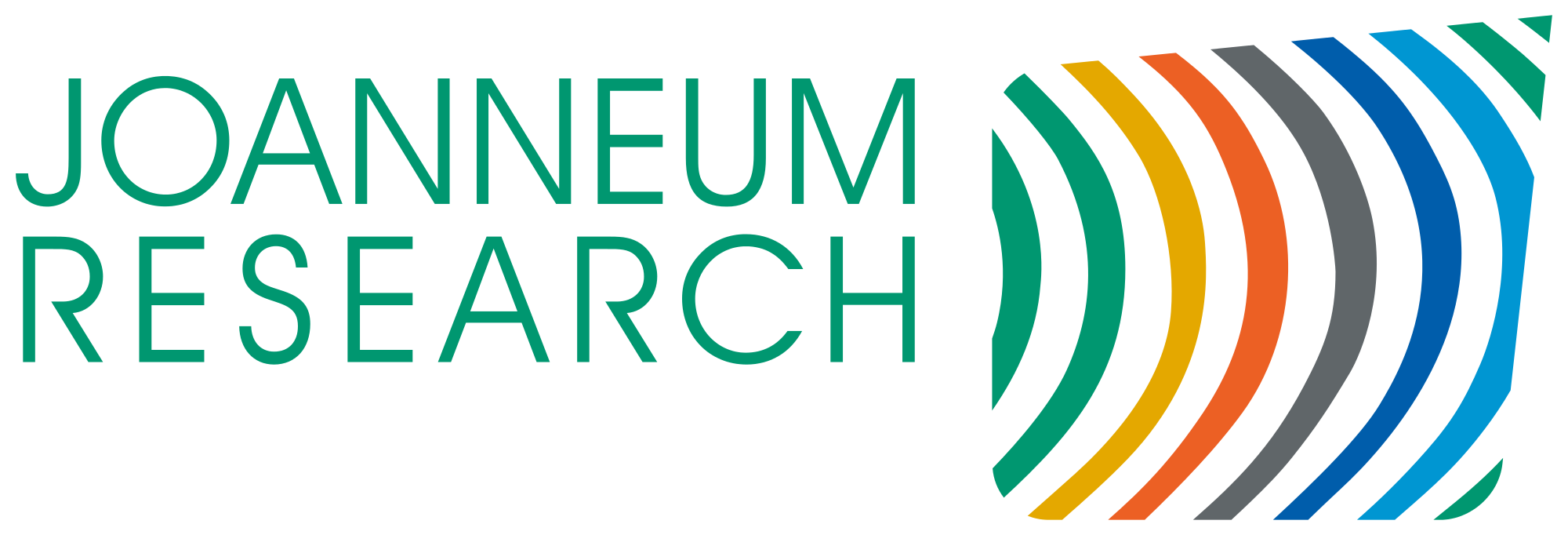
JOANNEUM RESEARCH develops solutions and technologies for businesses and industries across a wide range of sectors and conducts top-level research at an international level. POLICIES - Institute for Economic and Innovation Research is one of six institutes of JR, and offers a wide range of thematic and methodological expertise to provide advice and support in the planning of technology and innovation strategies, in assessing the risk and effects of political and business decisions and in implementing and evaluating gender equality activities. It provides public institutions, industrial partners and international policy makers with background analyses, scientific studies and knowledge intensive consulting services in the areas of science, research, technology, innovation and gender equality. It has a special focus on and a long-standing experience in the field of evaluation and in issues of gender equality in STI organisations. Its work forms the basis for developing evidence-based policies and strategies.

University of Plovdiv "Paisii HilendarskI" is founded in 1961. It is the largest institution of higher education in South Bulgaria and the second largest in the country conducting research within its nine faculties, including Biology, Chemistry, Economics and Social Sciences, History and Philosophy, Law, Mathematics and Informatics, Pedagogy, Philology, Physics and Technology. PU is one of Bulgaria’s leading research and teaching institutions (according to the National University Ranking System) with more than 14.000 students (December 2017). The University actively maintains international contacts with almost all European countries, the United States as well as countries in Russia, Middle East, Asia and Africa.
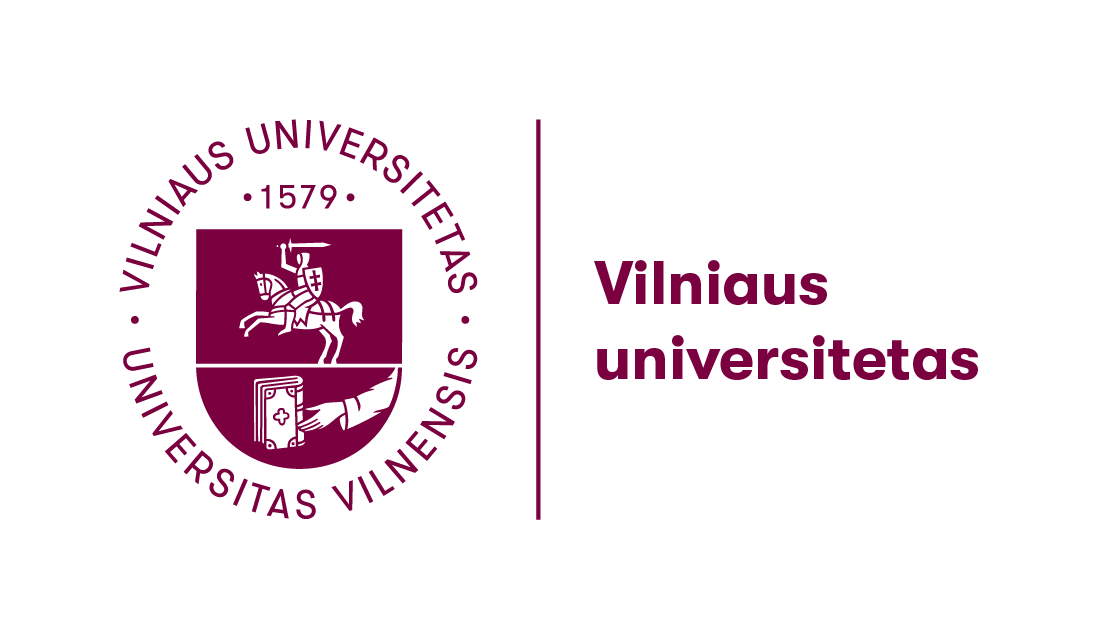
Vilnius University has more than 17.000 students and comprises 14 Faculties including Business, Chemistry and Geosciences, Communication, Economics and Business Administration, History, Law, Mathematics and Informatics, Medicine, Philology, Philosophy, Physics, International Relations and Political Science, Kaunas Faculty and Life Sciences Centre. VU also includes10 non-academic units.
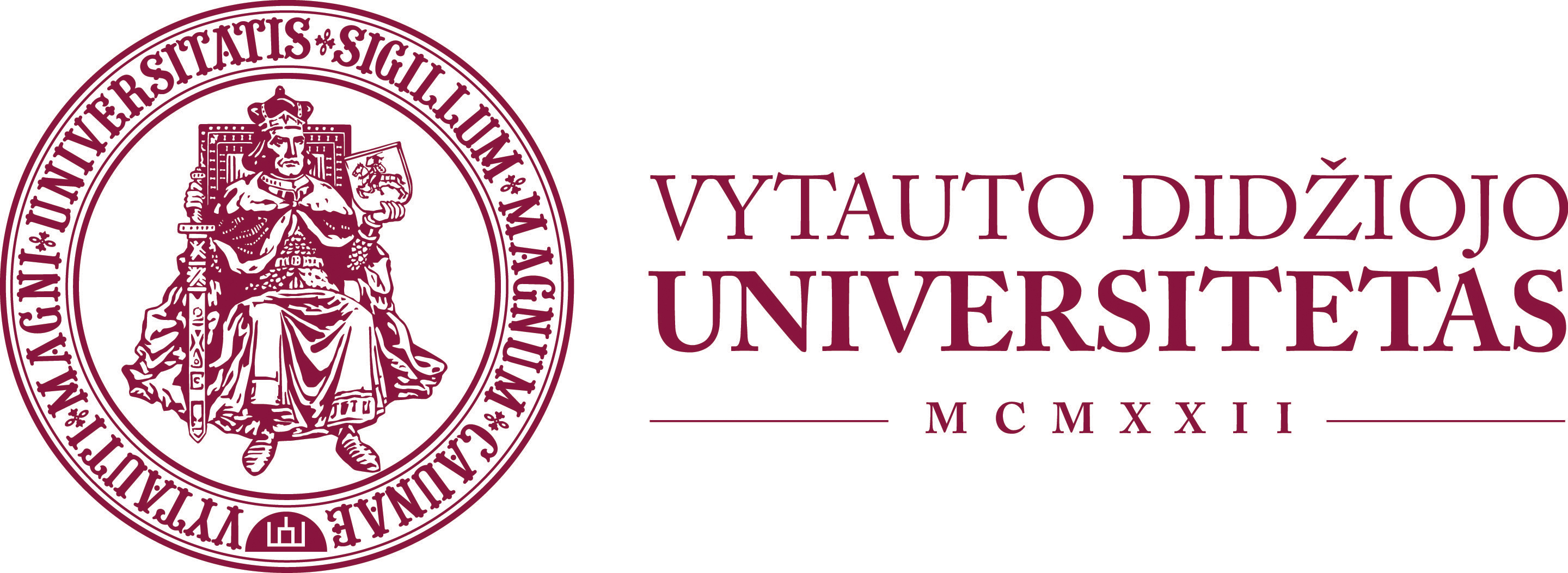
Vytautas Magnus University is a liberal arts university, conducting research and developing applied research and arts activities. Established in 1922, Vytautas Magnus University, with a student population of about 5800 students in 2017, is one of the most liberal and modern academic institutions in Lithuania. The university comprises 10 Faculties, including Social Sciences, Political Sciences and Diplomacy, Humanities, Law, Arts, Catholic Theology, Economics and Management, Computer Sciences, Natural Sciences, Music Academy), the Innovative Studies Institute, the Institute of Foreign Languages, the VMU Kaunas Botanical Garden, 6 University Centres, 10 Departments, the VMU Student Representative Council, the Trade Union, and 8 public enterprises founded by VMU. In 2018, the University will expand with two other Lithuanian Universities (Lithuanian University of Education and Aleksandras Stulginskis University (before 2011- University of Agriculture), which will become structural parts (Academies) of VMU. A process of organizational restructuring has been planned and foreseen at VMU in 2018-2019.
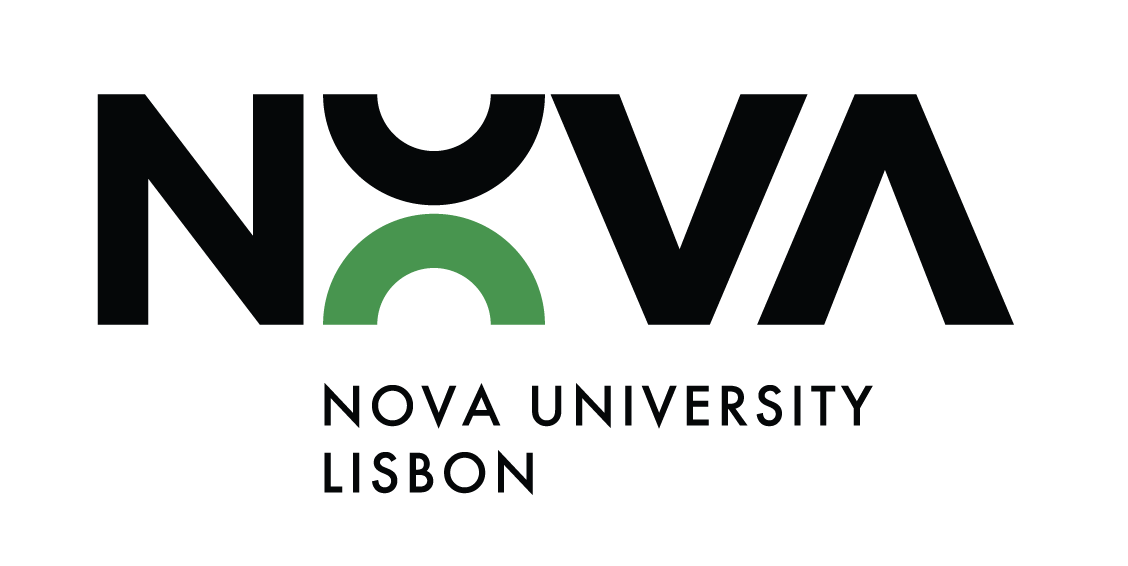
Universidade NOVA de Lisboa was founded in 1973, and adopts an innovative, multidisciplinary model in the Portuguese academic context. NOVA currently has about 19.000 students, distributed through nine Academic Units. UNL hs a strong international profile, and concentrates on interdisciplinary areas and research targeting the resolution of societal problems. The excellence of Universidade NOVA de Lisboa as a higher education institution is reflected in the results obtained in international rankings. This clear option for a unique but diversified identity, working not only as a network of institutions but also of projects, people and resources, characterizes NOVA as a university that is open to the world and willing to take part in the challenges presented by the 21st Century. UNL consists of 9 Faculties/academic units, including Science and Technology, Social Sciences and Humanities, Business and Economics, Medicine, Law, Hygiene and Tropical Medicine, Information Management, Chemical Technology and Biology, and Public Health.
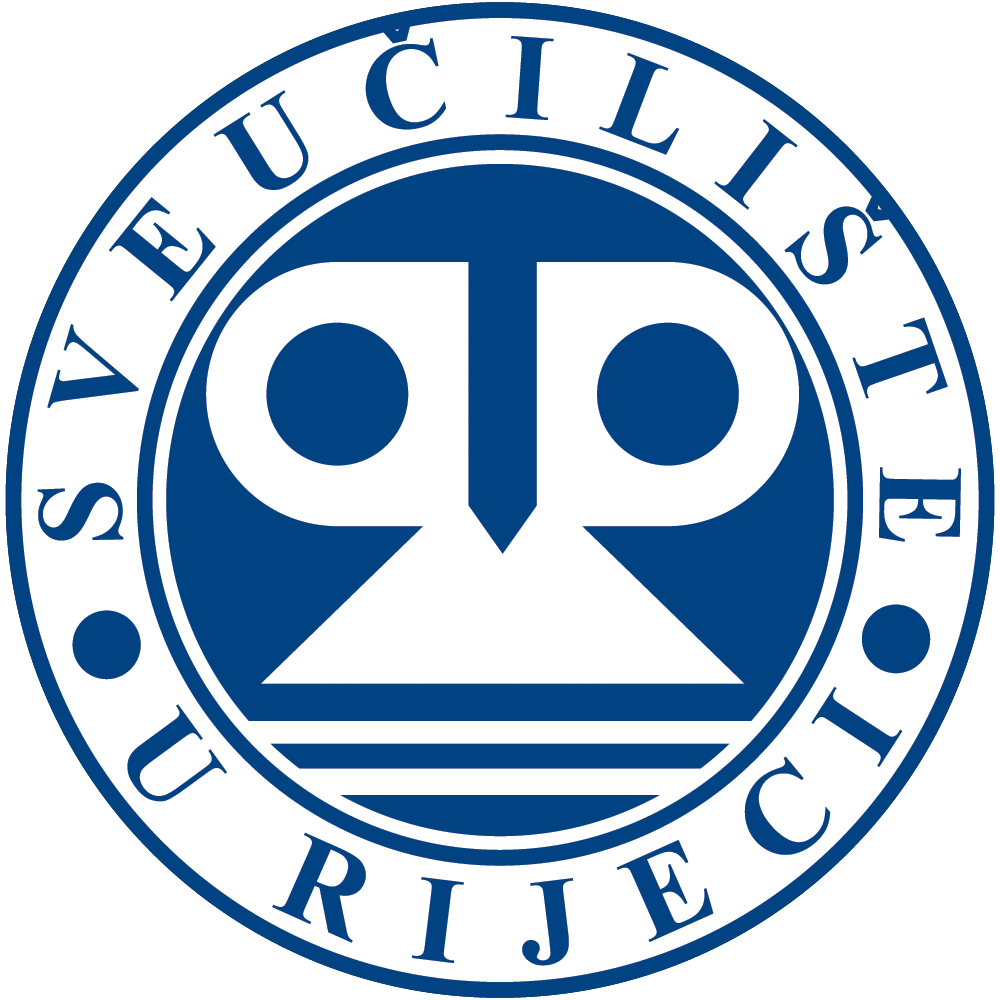
The University of Rijeka (UNIRI) is the principal educational and research institution in the western part of Croatia. Founded in 1973, UNIRI has 15 scientific-educational and artistic-educational constituents, with over 161 study programmes. UNIRI has 17.077 students. UNIRI was the first Croatian university to set a development strategy (in 2006). It focuses on excellence, quality assurance, life-long learning, active collaboration with the local community & economy and active inclusion into the EHEA & ERA. UNIRI has extensive experience in managing EU projects. UNIRI constituents acting as separate legal entities are as follows: Academy of Applied Arts, Faculty of Economics, Faculty of Tourism and Hospitality Management, Faculty of Health Care Studies, Faculty of Humanities and Social Studies, Faculty of Civil Engineering, Faculty of Medicine, Faculty of Maritime Studies, Faculty of Law, Faculty of Engineering, Faculty of Teacher Education), as well the University Library and the Student Centre. UNIRI as a legal entity comprises of 4 university departments as branches, namely Department of Biotechnology, Department of Physics, Department of Informatics and Department of Mathematics.
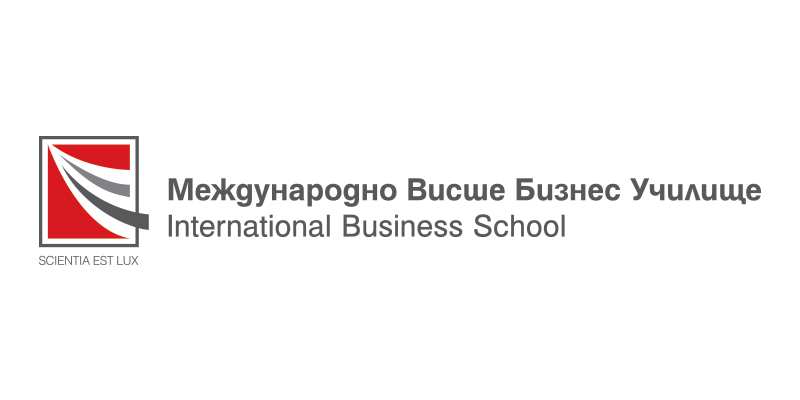
The International Business School (IBS) is a private non-profit higher education institution committed to teaching, research and cooperation with industry. Its mission is to become a leader in creating values for economy and society through educating students and preparing them to be competent and competitive professionals at the national and international labour markets. It also aims at creating new knowledge based on research and in close collaboration with business and other relevant organizations. IBS was established in 1991 as Bulgarian-Danish College of Trade, Export and Marketing. Expanding over the years, it was recognized as a higher education institution in 2002 officially named – International Business School. Today IBS is accredited (both at institutional and programme levels) by the National Evaluation and Accreditation Agency (NEAA) of Bulgaria – the responsible governmental authority that is a full member of the European Association for Quality Assurance in Higher Education (ENQA) and registered in the European Quality Assurance Register for Higher Education (EQAR). The European Credit Transfer System (ECTS) has been introduced and applied to all IBS study programmes since 2003. All these ensure that the degrees acquired at IBS comply with all EU standards and are recognized worldwide. The International Business School presently offers 12 Bachelor’s, 18 Master’s and 3 PhD study programmes. Around 3 000 students are pursuing degrees at the School. They are based in 2 campuses situated in Sofia and Botevgrad (a town close to the capital). Over 20 000 people have graduated since the establishment of IBS in 1991. The university maintains close communication with many higher education institutions and other organizations from all over the world and has signed around 50 Agreements for Cooperation with universities from many European countries. Furthermore, IBS carries out intensive and productive cooperation with companies, governmental authorities and public institutions, vocational and high schools, universities and research organizations, regional communities and business associations. Thus, by linking solid theoretical knowledge with practical skills and competences, delivered at real work environment, graduates are being prepared to successfully navigate in the real business world of today.